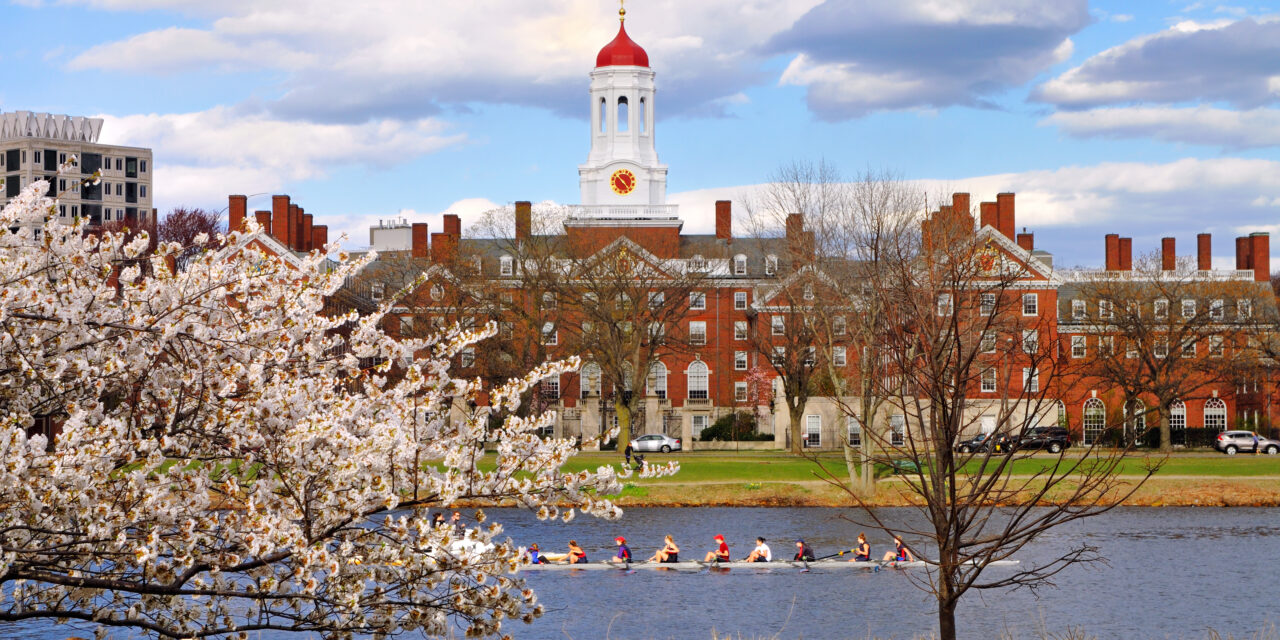College students have starred in quite a few news stories recently — usually cementing their reputation as intolerant of free speech and debate.
As much as these stories resonated with the public, Harvard professor Tarek Masoud argues students aren’t to blame for campus’ group-think — faculty and administration are.
“It is us: faculty and administrators who are too afraid — of random people on social media, hard-core activists, irritable alumni, assorted ‘friends’ of Harvard — to allow a culture of open debate and dialogue,” the democracy and governance professor writes for The Wall Street Journal.
Masoud catalogues his efforts to foster genuine debate on Harvard’s campus. Students have expressed overwhelming eagerness to participate in his debate-centric events, he claims, while the administration reacts fearfully.
After Hamas invaded Israel, Masoud assembled an ideologically diverse cast of speakers to participate in a debate series about Israel-Palestine relations.
One of the events featuring Jared Kushner, former senior advisor to President Donald Trump, reportedly sold out in minutes — despite complaints from those outside the school.
Harvard shut the series down after Masoud announced Dalal Saeb Iriqat, a Palestinian professor, would speak. Some donors and conservative news outlets accused Harvard of “platforming” antisemitism after reading Iriqat’s tweets, which called Hamas’ attacks on Israel a “normal struggle for freedom.” The school ignored the situation’s nuances in favor of appeasing the public, Masoud writes.
The school ostensibly axed Iriqat’s appearance to fight antisemitism, but Israeli students were among the most excited to debate her, Masoud claims.
This isn’t the first time Harvard has nixed appropriate venues for debate and discussion — Masoud’s proposed GED course, which would have forced students to debate polarizing figures on controversial issues, was rejected for fear of “classroom blowups and public blowback.”
But the administration’s anti-debate stance only extends toward appropriate, civil forums for discussion.
“The number of students willing to stand up in a class or at a public event and start shouting into a bullhorn is vanishingly small,” Masoud writes, “and they are emboldened to do so by the knowledge that our administration is too timid to stop them.”
He recalls a recent event he’d hosted that protesters disrupted.
Whether you agree with his optimistic estimation of Harvard students, or believe his observations apply to students more broadly, Masoud illustrates why institutions should invest in debate infrastructure, rather than ban it.
Disagreements and controversy don’t disappear when schools refuse to discuss them — they get forced onto social media and other inappropriate forums for debate.
Providing productive, civil spaces for students to disagree is a healthier, more efficient way to head-off enmity — not to mention an important opportunity to teach scholars how to think critically, disagree graciously, and contend with complex, nuanced issues.
Parents should keep Masoud’s point in mind when sending their kids to college — or navigating them through the school system. The time and resources a school dedicates to facilitating age-appropriate discussion and debate can signal more about its commitment to values like free speech and critical thinking than the political orientation of its student body.
Ask yourself:
- Do teachers address both sides of controversial issues in class?
- Does the school have a debate team or discussion-oriented classes?
- Are any age-appropriate topics banned from discussion?
- How are students encouraged to resolve conflict?






